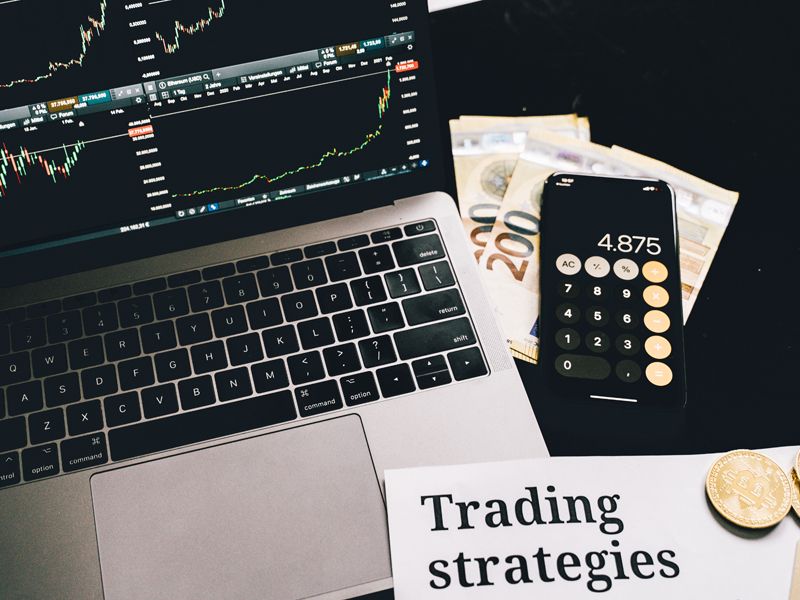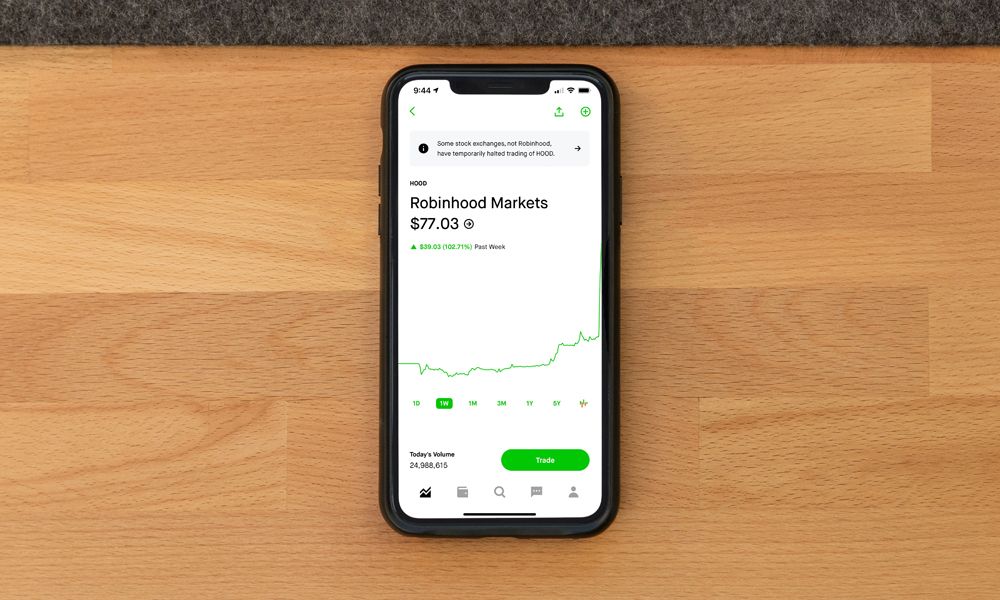Cryptocurrencies are constantly making headlines. With Bitcoin, Ethereum and other major coins reaching all-time highs, it’s natural to get in on the action.
But before you start buying crypto, it’s important to ask yourself a few questions. Cryptocurrencies are volatile and risky, so you need to make sure you’re doing it for the right reasons and that you’re prepared for the potential downside.
Here are four questions you should ask yourself before you start trading cryptocurrency.
1. Why are you investing in cryptocurrency?
If you’re considering investing in cryptocurrency—whether you’re just buying coins or mining cryptocurrency—do it for the right reasons. Are you doing it because you believe in the technology and think it has long-term potential? Or are you doing it because you think you can make a quick buck?
The most successful crypto investors are passionate about the underlying technology. They follow Bitcoin, Ethereum, and new crypto providers on Hacker News and Twitter, and they enjoy the thrill of trying to predict market trends while knowing it’s an unpredictable space.
Experienced crypto investors will study cryptocurrency teams’ white papers and roadmaps and estimate whether the digital currency has potential. If you think demand will increase in the coming months and years, the investment may be worth it. But the time you spend doing the research and making that judgment has to be worth it to you as well.
For the record: If you’re in it for the money, that’s totally fine. Just understand the risks before jumping on board.
2. What can you afford to lose?
Cryptocurrencies are volatile and considered a high-risk investment opportunity. In fact, half of Bitcoin investors are “in the red,” according to an interview published on CNN Money.
The risk is so great that many credit card issuers won’t even allow cardholders to buy cryptocurrencies with their credit cards – or they discourage doing so with high fees. Few cards on the market allow Bitcoin purchases, and most first-time crypto investors will be limited to the cash they have available to invest.
Since cryptocurrency prices can go up and down very quickly, you need to be prepared for the possibility of losing part or all of your investment. Keep that in mind when considering how much money you’re willing to put into crypto.
If you are investing a large amount of money, spread it over several coins (see our guide to investing in Ethereum as the next step) to diversify your risk. And don’t invest more than you can afford to lose. Remember, there is always a chance that prices could crash overnight and never recover.
3. What is your investment strategy?
Consider how cryptocurrency will fit into your overall investment strategy. For example, are you buying cryptocurrency as an investment or as a speculative bet? There is a big difference between the two approaches.
An investor is someone who buys with the intention of keeping their position for the long term; they believe in the underlying technology and believe prices will eventually rise again (albeit perhaps after some ups and downs).
A speculator is someone who tries to make quick profits by timing market movements perfectly. They will buy when prices are low and then sell as soon as they have increased by a small amount.
Speculation in cryptocurrency has become increasingly popular, especially among people without experience investing in financial markets. Unfortunately, this often leads to poor decision-making; investors get caught up in FOMO (fear of missing out) and start buying without having a clear understanding of what they are doing.
If you want to speculate in cryptocurrency, that’s fine – just make sure you know what you’re doing and don’t invest more money than you can afford to lose. And if you decide to go this route, remember that the most successful speculators are those who take a methodical approach and have a solid plan. They buy when prices are low and sell as soon as they reach their target profit margin.
4. What is your exit strategy?
Investing is easy, but selling can be difficult. When the time comes to sell your cryptocurrencies, will you be able to do so? Your exit strategy, or plans to withdraw your investment at some point in the future, is an important consideration before any investment; however, the wildly fluctuating costs of crypto make the formal exit plan that much more important.
If your goal is simply to buy coins and hold them for the long term, your exit strategy can be quite simple: You will sell when (and if) prices rise high enough that you feel comfortable cashing out.
However, exit plans are a little more difficult with speculative trading. You’ll want to sell quickly if prices start to drop. You can sell directly to another person, trade on a cryptocurrency exchange, or use a peer-to-peer trading platform, such as LocalBitcoins, to cash out your crypto investments.
Each output method has its advantages and disadvantages; for example, selling directly to another person is often the fastest way to get money in hand, but you need to find someone willing to buy your coins at the current market price. Trading on an exchange usually takes longer, but gives you more flexibility in terms of the price you are willing to accept. Whichever method you choose, make sure you have a plan in place before you invest money so you know how – and when – you will exit your position.
Crypto trading is not for everyone
Whether it’s financial investments or fashion, popular trends come and go; no single craze appeals to everyone. Not every investment opportunity is a valuable opportunity for every person.
Some people are more risk averse than others and don’t want to put their money into something that could potentially lose all value overnight. Others simply don’t have the time or patience to track crypto prices day in and day out. And then some are just not interested in the underlying technology enough to make informed investment decisions. If anything in this paragraph describes you, it’s probably best to steer clear of cryptocurrency altogether.
The point is, there’s no shame in admitting that cryptocurrency isn’t for you. It doesn’t make you less intelligent or financially savvy; it just means that this particular investment opportunity doesn’t suit your goals or interests. But if cryptocurrency excites you and you love the idea of investing more of your time and money in understanding the trends, then jump aboard the crypto bandwagon with confidence.



























